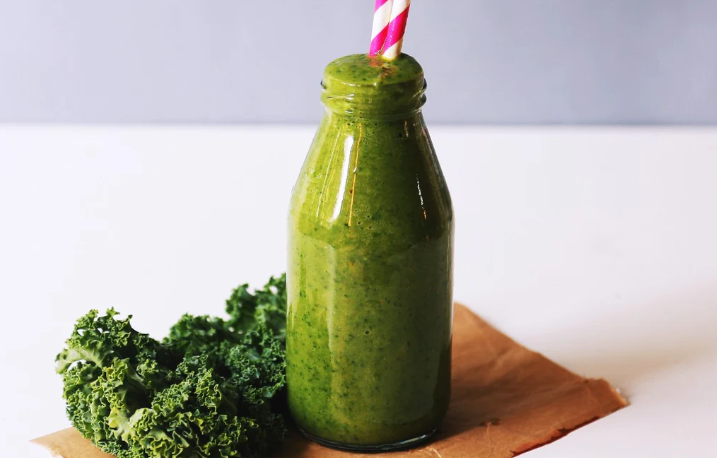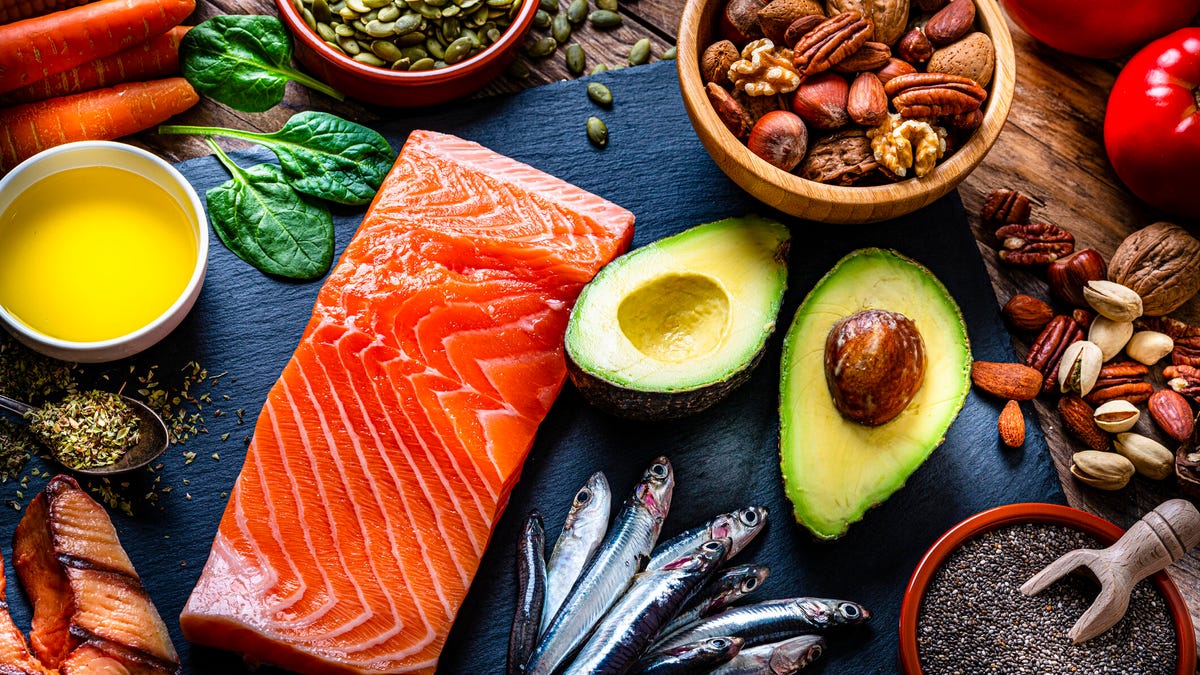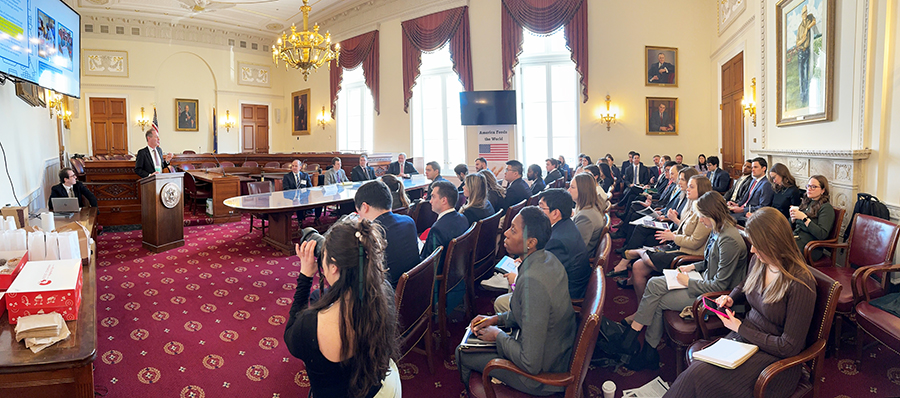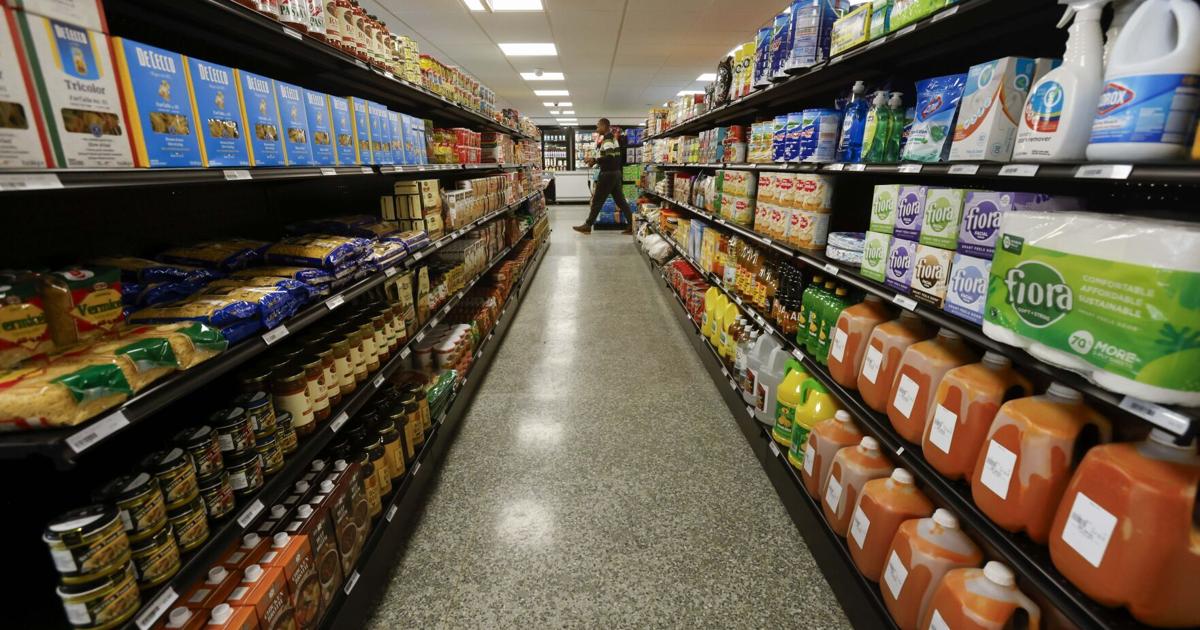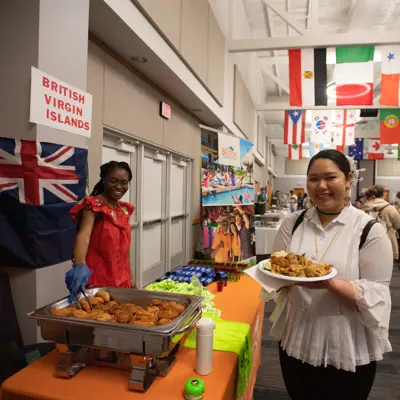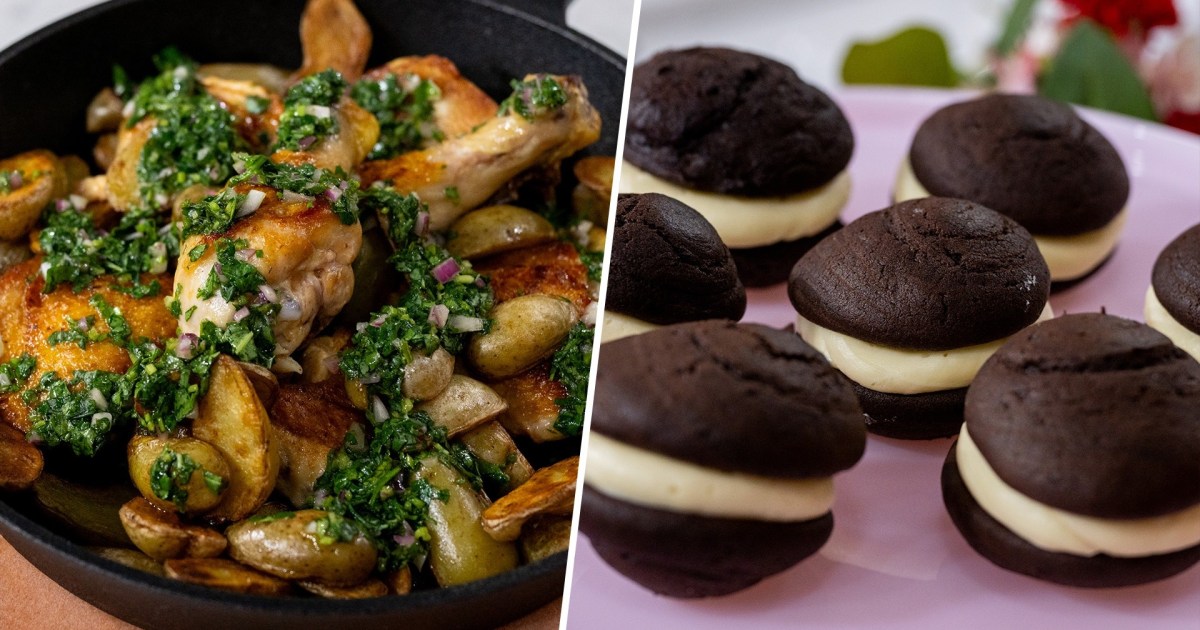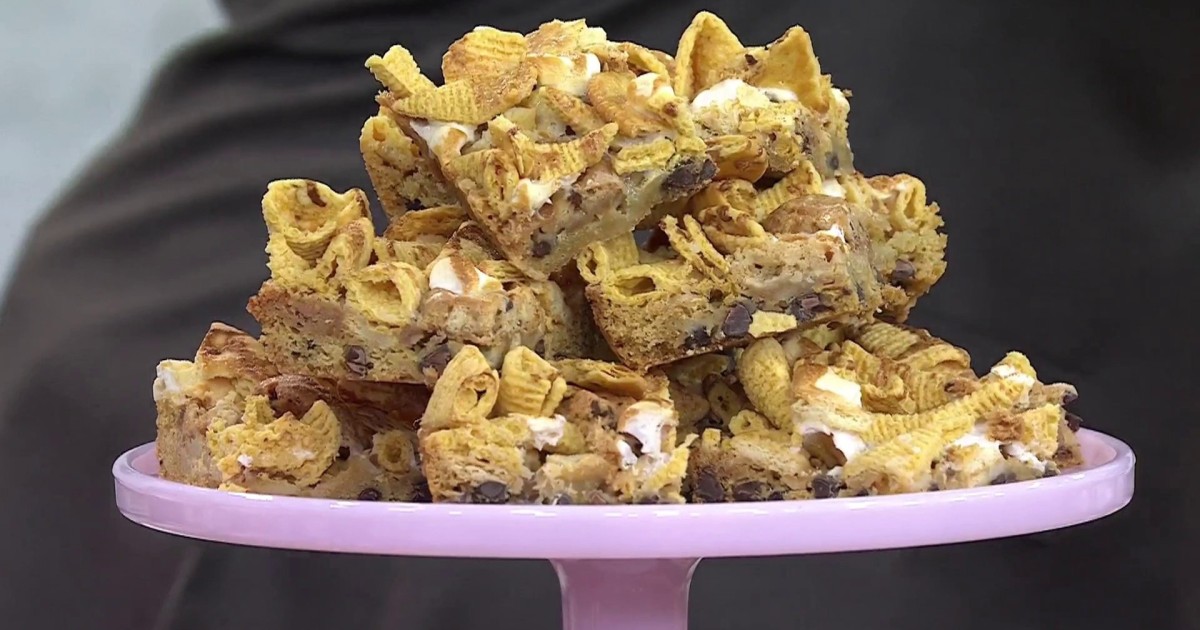William Robb spoke with the Missouri On Mic team at the Kirksville Farmer’s Market in May. He spoke about his passion for food equity and his work with a local non profit called Take Root.
Missouri on Mic is an oral history and journalism project documenting stories from around the state in its 200th year.
Will Robb: I was looking for work. I was working in New York City, I had moved down to help take care of my father. And then he passed and my mom passed.
And I was in working in Queens, with a program for the New York Horticultural Society.
And we were bringing gardens into correctional facilities. So I was working on Rikers Island.
And our grant was ending.
So I was looking for work. And I’d gotten into what I call community based food system development.
I originally trained as a statistician and had a long career doing public health statistics.
But I got really interested in community food.
And anyway, I was looking for work. And I saw an executive director position open at Take Root in Kirksville, Missouri.
I said, ‘Oh my God, a chance to be executive director for a little nonprofit that’s going to change the whole entire world.’
Take Root’s mission was to alleviate hunger and promote health by serving nutritious local high quality food on a pay-what-you-can basis, which is pretty simple on the surface, but I tend to think at the system level, so it sort of expands out into this big food system related mission.
But basically, we wanted to make, we’re following the model of One World, Everybody Eats—the community cafe model there, and basically making good food available to anybody, regardless of means.
So people could walk in and order a meal and pay what they could afford.
And if they could afford nothing, there were opportunities to volunteer.
And kind of behind that is this notion of like food with dignity.
Why should there be soup kitchens, and like, you know, dusty cans of soup, and old crackers for people that don’t have means?
I think of it as like, we don’t need a two tier food system where, you know, the, the people that can have can afford really nice food, get that and then people that are food insecure or poor—I don’t know, the labels are always kind of a little strange to me, because everybody is actually just a person.
Why should there be soup kitchens, and like, you know, dusty cans of soup, and old crackers for people that don’t have means?
It really doesn’t make sense.
So we wanted to provide a place that it didn’t matter what was in your pocket, you could still have healthy food that was delicious.
We are in the process of regrouping.
We were fortunate to get connected with the First Presbyterian Church and they built an actually a fairly nice kitchen with the intention of providing a meal program. So we kind of moved our stuff in there.
And last year, we were providing community dinners.
We were doing that pretty much monthly and we served food takeaway, which kind of broke the heart of one of our chefs because you know, you just can’t do beautiful plating in a to-go container.
You have to think about the food a little differently.
But nonetheless, we did provide good food and you know, to all kinds of people that showed up.
So we were doing that and and now we’re, we’re talking to a couple of people about spaces that we can get into.
We’d really like to reopen a brick and mortar place. Yeah.


